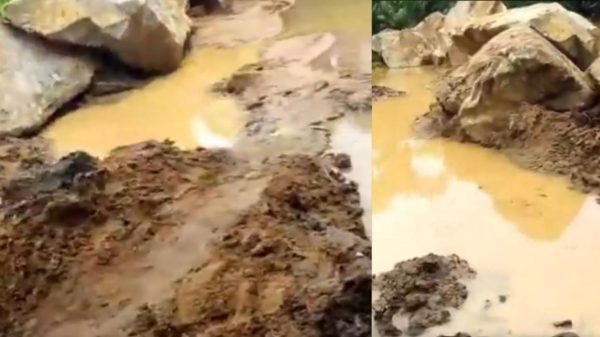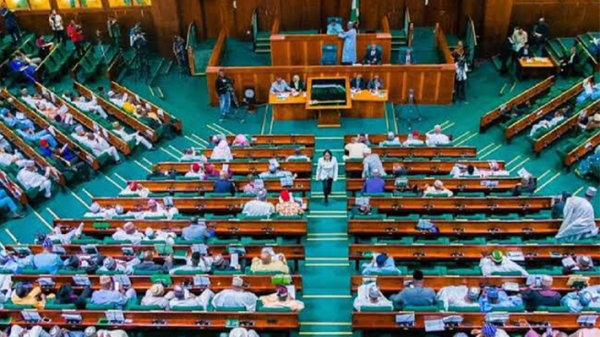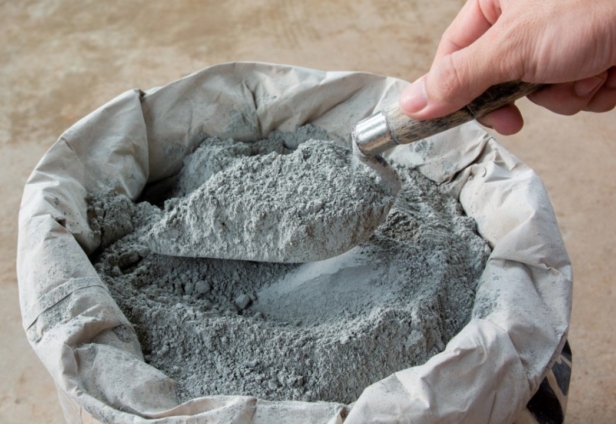The cost of building materials in Ghana is set to rise again as cement manufacturers announce a price increase effective July 1. This comes on the heels of a GH₵10.00 increase in May and will see prices jump by an additional GH₵12.00. The news has sparked concern among stakeholders in the construction industry, who fear the hike will lead to higher building costs and potentially stifle the affordable housing sector.
Dr. Stephen Debrah-Ablormeti, former Vice Chair of the Ghana Real Estate Developers Association, revealed that cement manufacturers informed him of the price hike via text message. He expressed dismay at the sudden increase, which he believes will have a ripple effect on the entire construction industry. “Cement accounts for about 70% of building components, so when the price of cement goes up, the price of block, concrete, and plastering materials also increase,” he explained.
The price of iron rods has also increased by 28% over the last two months, further exacerbating the issue. Dr. Debrah-Ablormeti supports the Trade and Industry Minister’s proposal to regulate cement prices, hoping it will promote competition and stabilize the market. “We strongly support the position of the Honorable Minister to push this agenda and with the backing of the industry, we should be able to have some competition that will be equitable for all on the market,” he said.
The government’s proposed legislative instrument aims to control cement prices, but manufacturers have expressed opposition to the move. They argue that the free market should dictate prices, not government intervention. However, stakeholders like Dr. Debrah-Ablormeti believe regulation is necessary to prevent exploitation by manufacturers.
The price increase is likely to affect the affordable housing sector, which is already struggling with high costs. Developers may be forced to pass on the increased costs to consumers, making it even harder for Ghanaians to own homes. The government’s efforts to provide affordable housing may be undermined by the price hike, which could have long-term implications for the economy.
 of
of
















































































































